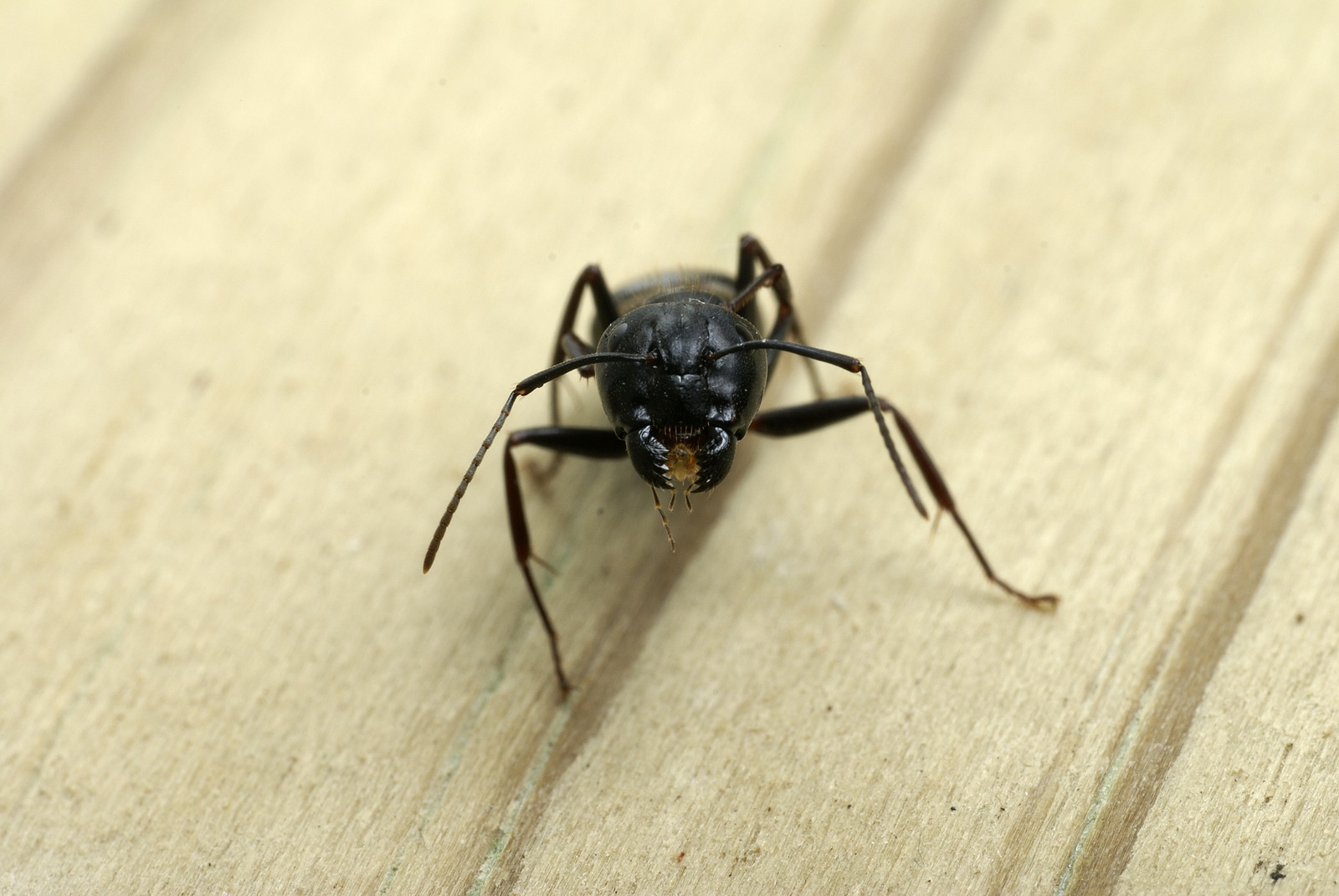Fence Care 101: Keeping Pests at Bay the Basic Fence Way
As a homeowner, your fence is more than just a boundary for your property; it plays a vital role in privacy, protection, and curbside appeal. But when it comes to pests, they don’t care about the thought, money, and care you’ve put into your fence. At Basic Fence, we’ve replaced fences for Indianapolis area homeowners and can attest to the damage pests can cause. Here, we’ll dive into tips and tricks for pest-proofing your fence and offer our pest-resistant solutions for when it’s time for a new fence installation for your home.

Identifying Pests
Knowing which pests threaten your fence is key to effective protection. In Indiana, homeowners face various critters with unique behaviors. Here’s a look at the main culprits:
Termites and Carpenter Ants
These wood-loving insects can compromise wood fences’ integrity. Termites are stealthy invaders, causing significant damage. Carpenter ants create tunnels, weakening wood.
Wood-Boring Beetles
Often overlooked, these beetles lay eggs in wood cracks, and larvae tunnel through, weakening it. Regular inspection can catch infestations early.
Rodents
Mice and rats climb fences to access homes or gardens, gnawing on wood and weakening structures. To deter them, trim vegetation and secure the fence base.
The Importance of Regular Maintenance
Regular inspection and maintenance are the first lines of defense in pest-proofing your fence. Look for signs of pest infestations, such as holes, gnaw marks, or weakened fence sections. Catching these signs early on can save you from more significant headaches. We recommend checking your fence regularly, even marking your calendar to check for damage during outdoor spring and fall cleaning times.
Natural Deterrents and Repellents
As you try to keep pests at bay, remember that nature offers a treasure trove of solutions. Integrating certain plants and using natural oils can be a safe, eco-friendly method to deter pests from invading your fence area.
Beneficial Plants
Marigolds: Bright flowers with a scent that repels insects
Lavender: Soothing fragrance deters mosquitoes, moths, and fleas
Garlic: Strong odor repels aphids and moles
Chrysanthemums: Contains pyrethrin, an insecticide effective against ants, ticks, and fleas
Natural Oils as Repellants
Cedar Oil: Wards off termites and moths that damage wood fences
Peppermint Oil: Disliked by mice and spiders
Neem Oil: Potent insecticide disrupting pests’ lifecycles
Eucalyptus Oil: Deters snakes and rats with its strong smell
Consider specific pests when using plants and oils for pest control. While natural repellents reduce activity, they may not eliminate all pests. For persistent problems, combining these methods with the right fencing material based on professional advice can offer a more comprehensive defense strategy.
Choosing the Right Fence Material
When it’s time to install a new fence, consider materials known for their resistance to pets. Aluminum fences are a durable, low-maintenance solution, and treated pine wood fences can resist termites and other wood-loving pests. Chain link fences also offer durability and easy repair.
Basic Fence can assist with your new fence needs. Contact us at (463) 243-3623 or request a quote online to find the perfect pest-resistant fence! We serve Indianapolis and the nearby areas.
